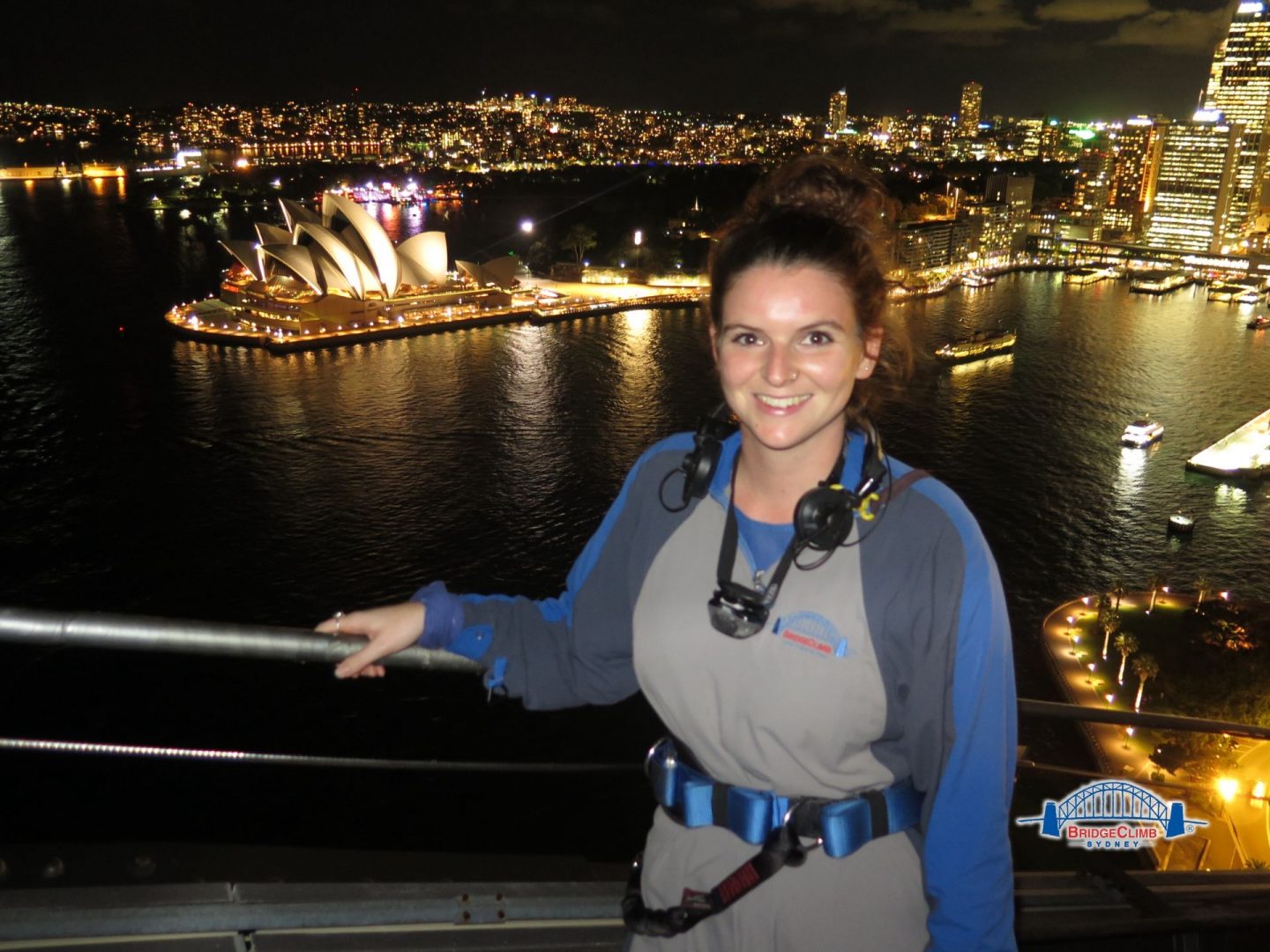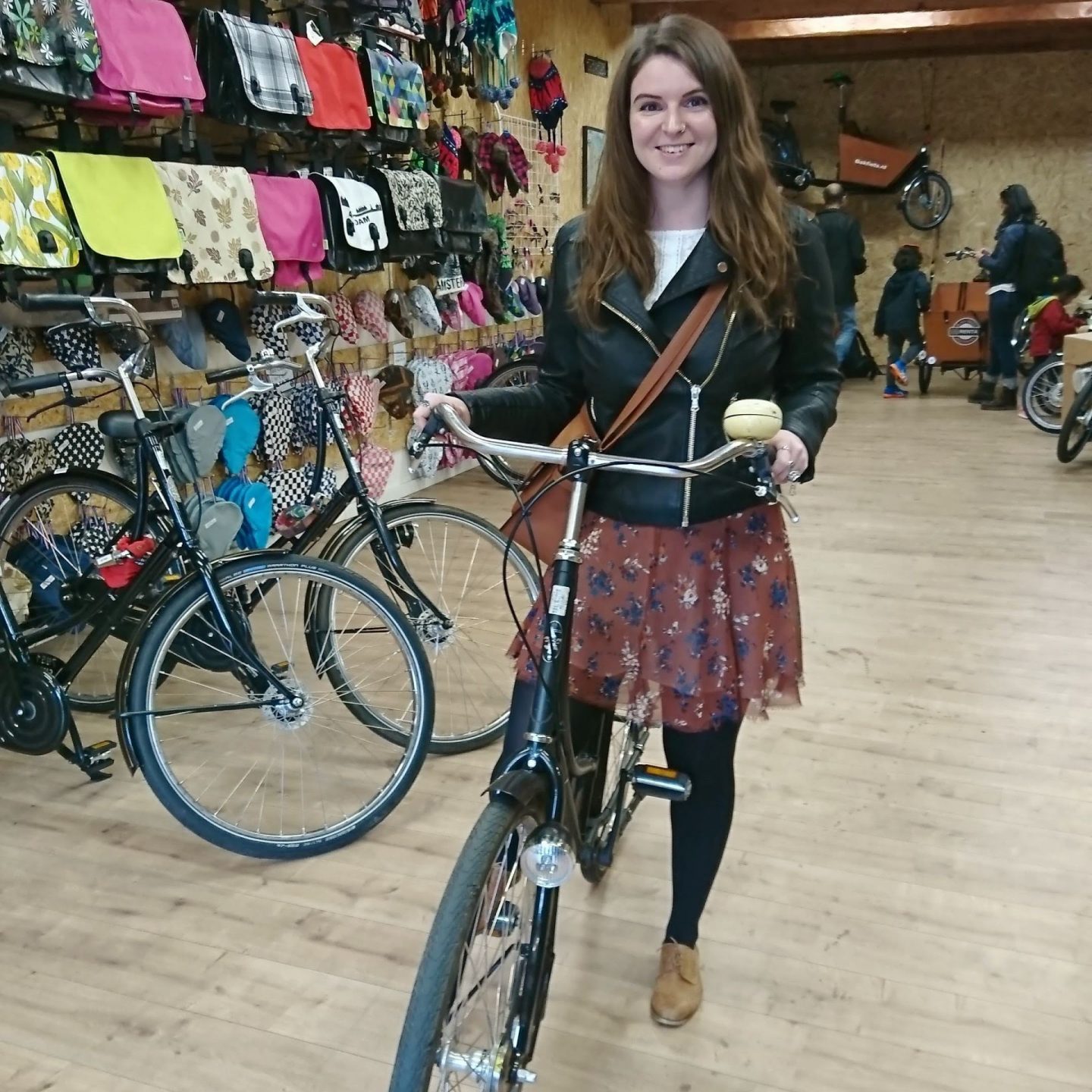
A lot of people think that saving money for travel is near impossible. Trust me, I used to be one of them. I understand that sacrificing a chunk of your hard-earned cash every month isn’t exactly a fun concept. Plus, you’ve got to be well-off or come into some extra money to save thousands, right? Wrong. Whether you want to travel long term or simply go on an amazing holiday, I’m here to share my tips on saving money for travel, and prove that it’s possible for everyone.
Before I committed to travelling, I was terrible with finances (no, really). I had no money management experience and 0% discipline when it came to spending on food and clothes. In order to make my wanderlust dreams a reality, I had to start from the bottom and teach myself how to budget and cut back on my unneccesary spending.
No trust fund. No financial help from my family. Just me, my jobs and a shed load of determination. Here’s how I managed to save £5,000 in just one year for my round the world adventure.
RELATED: 11 Amazing Travel Bloggers You Need To Follow
A Guide to Saving Money For Travel
Sell your stuff
We’re all guilty of collecting (and hoarding) more things than we actually need. But if you’re not taking it with you or it’s going to cost you money to store while you’re away, is it really worth keeping? I sold clothes, old tech, homeware and furniture that I didn’t need anymore. Not only did it top up my travel fund nicely but I actually managed to double my wardrobe space too!
Be ruthless when clearing out your things! If you’re determined enough, these small sacrifices will be worth it.
Do as Marie Kondo would do and ask yourself: ‘Does this spark joy?’
If it doesn’t or you aren’t really that fussed, you know what to do. Always keep in mind what your goal is. I used eBay to sell most of my unwanted stuff but there’s also tons of buy and sell platforms out there including Depop, Facebook Marketplace and Schpock.
Quit the gym
This one might be hard at first but it’ll save you so much money. Remember, even the cheaper gym memberships add up! There are tons of great FREE workouts online, most of which you don’t need any equipment for. As well as working out at home, I took up running and it worked just as well (with the added bonus of being outdoors).

Track how much you spend
The first (and one of the most important) steps to learning how to budget is to track your spending. After all, how can we learn how much to save if we don’t know where our money is going?
If (like me) spreadsheets aren’t your thing, try downloading a spending app. I found one called Monefy Pro which I still use to this very day (I went with the paid version but there’s also a free one available here). It made tracking my money so much easier.
Planning and budgeting made easy
I recorded everything from buying lunches and bottles of water, to eating out at restaurants and online shopping. I made sure I wrote down all my monthly outgoings (rent, food, bills etc) to get a realistic figure of how much I could put away. I stopped unnecessary direct debits and regularly looked at my finances to see if I was going in the right direction.
Planning like this will help you to develop good habits with money and make budgeting easier in the long run. But don’t punish yourself if you don’t see immediate results – it takes time to grow into new habits, especially when it comes to money.
READ: 7 Solo Travel Myths And Why I’m Glad I Did It Anyway
Cut your living costs
This may seem drastic but it’s probably going to get you saving the most money. Here are just some of the options you could consider:
- Currently renting? Try downsizing or move to a cheaper area.
- Look into shared housing (it’s not as bad as it sounds)
- Look for roommates to help split the costs of your mortgage or rent
- Move back in with your parents
What’s possible for one person may not be for another. But if you’re lucky enough to have that last option available to you, I’d strongly reccommend it. Even if your parents do charge you rent, it’s often a lot cheaper than financing somewhere on your own. Moving home may not be the dream situation but just try to focus on why you’re there and how much you’ll gain from it.
Staying at home with my mum meant that my outgoings came down to a minimum and I was able to prioritise saving. Whilst I was (and still am) extremely lucky to have such a supportive family, this is just one of the many sacrifices I made for travelling. I still worked incredibly hard for every penny of my travel fund and I regularly contributed to family living costs.
Seperate your savings
If you’re an impulse buyer (like me) then keeping your savings seperate to your normal bank account is a must. It removes the tempatation to spend it and you’ll find it a lot easier to track your progress. Even if you’re usually quite good with money, it’s still a smart move to put your travel money aside.
I know from experience that it’s all too easy to spend and think we’re going to put the funds back. Saving money for travel can take a long time as it is so don’t make it even longer by not being strict with your savings.
When I started saving for travelling in 2014, I could only spare £100 per month. I had graduated the summer before and I was working part-time in retail.
Ah, the life of a graduate!
While it didn’t get me anywhere fast, it was a starting point and it took me a step closer to my adventure. I set up a standing order to move funds into my savings every month on payday. It meant that I could work hard, earn more money and not even notice it going out.

Adapt your lifestyle
Going out less, cooking more
Being savvy with your money doesn’t mean you can’t have fun – it just requires a little more creativity and thought. Instead of splashing your cash at the cinema or in a restaurant, why not invite your friends round for dinner or a night in? Work on your cooking skills in the kitchen too – you’ll save a lot of money by batch cooking your meals and making the most of leftovers.
All it takes is a little preparation and planning to stop you reaching for your bank card. This is where I saw the biggest difference in my spending (surprise, surprise, food again!) Working in London, I could easily clear £5-£9 a day on snacks and lunch. If you add that up, that’s a minimum of £25 a week or £100 a month. Insane isn’t it?
Cancel your TV subscriptions
Thanks to services like Sky, Netflix and Now TV, we have so many amazing shows and boxsets at our fingertips. While these are a great luxury, they can also add up and get expensive. Work out how much they are costing you each month and ask yourself if you really need them.
If you live on your own, why not find free streaming services online? (All 4 is a good one). Life without so much TV may sound a bit boring at first but it’s worth considering how much more productive you could be without it.
Shopping smart
After I started tracking my spending, I began to see new clothes and overpriced food as a waste of money. As great as they were, they weren’t getting me to where I wanted to be. I didn’t need the latest pair of jeans or organic veg in my weekly shop so I cut them out completely. I practiced self-discipline and budgeted for the cheaper options so I could carry on saving as much as possible.
Reduce your phone bill
Unlimited data, top of the range smartphones, free devices…You name it, there’s a contract for it. Nowadays we pay a lot of money for our phones and the plans that come with them. Look into your current provider and compare prices as you could be paying more than you need to. Try reducing your data limit or switching to a cheaper package. If you already own your phone (or have recently finished your contract), take advantage of SIM Only deals instead of upgrading.
Extra work
After quitting retail, I managed to land a full-time position that paid me well enough to save £150 per week. What a difference to when I started, huh?
To make a bit of extra money on the side, I also got myself a second job where I’d work the occasional weekend. I can’t say it was fun to work 6 days a week but it did make a huge difference to my travel savings.
If you’re able to work extra shifts or start a profitable side hustle then it could prove invaluable in making your travel dreams come true. Match your skills to part time or zero-hour roles or create a small online business to sell products from.
Make sure that any additional money you make goes straight into your travel account. Before you know it, you’ll have built up funds that would have taken you months to save on your normal income.
Anneka’s advice on saving money for travel
I won’t lie to you, saving for travelling is hard. But is it all worth it? Absobloodylutely! I’d give up clothes and shoes a thousand times over if it meant I could see the world instead.
Ask yourself: How badly do I want this? What sacrifices am I willing to make? It’s important to remember that no one can do all this for you. You might encounter bumps and hard times along the way but that’s life and nothing good comes without hard work.
You’ll thank yourself one day (just like I have done) for choosing travel. It’s one expensive ride but you get so much back in return.
More travel tips and guides
A Weekend Guide to Dublin – 48 Hours Itinerary
The Dos and Don’ts of Hostel Life
A Mini Guide to East Coast Australia
Pin it for later


